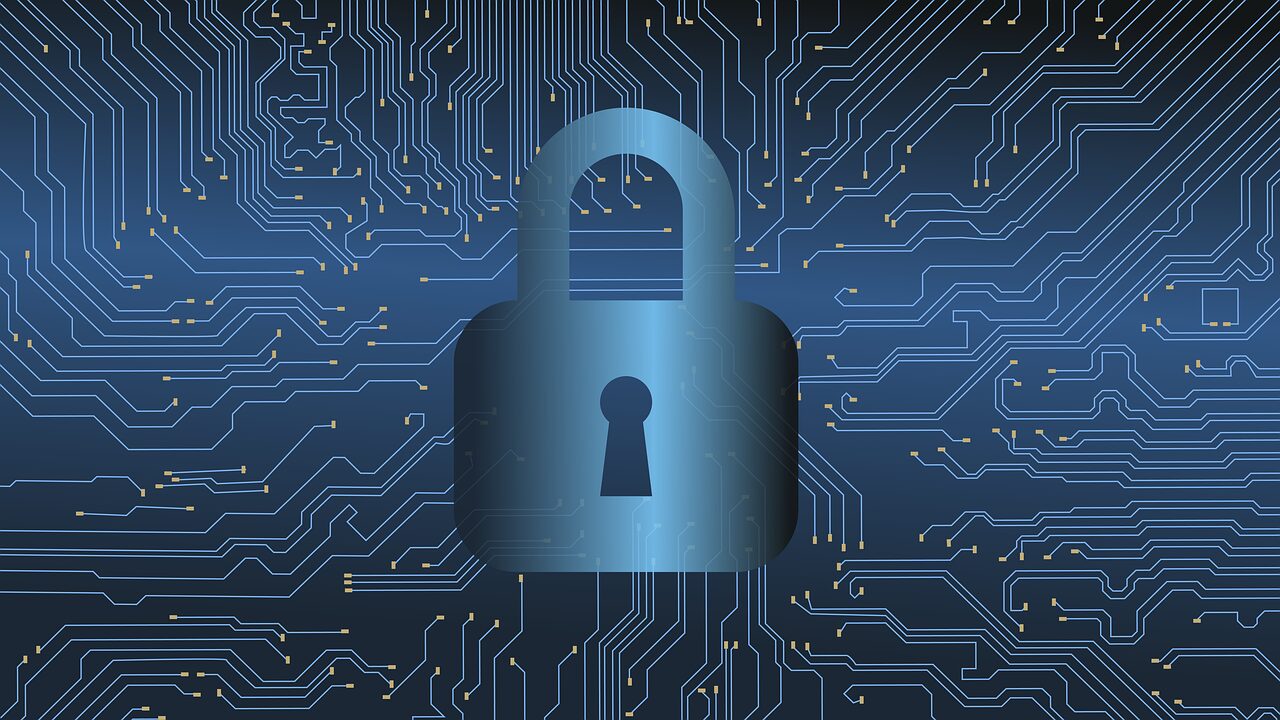In 2025, digital threats are no longer limited to large corporations with deep pockets and massive databases. Cybercriminals have widened their scope, targeting small and medium-sized businesses (SMBs) with increasing frequency—and with alarming success.
Gone are the days when cybersecurity was considered a luxury or “big company problem.” Today, it’s a business essential. If you’re a small business owner still putting cybersecurity on the back burner, you could be risking everything—from your data and finances to your customers’ trust and your brand’s reputation.
Let’s explore why cybersecurity is now non-negotiable for small businesses and what steps you can take to protect your digital ecosystem.
The Rising Threat Landscape for SMBs
Many small business owners still believe they’re too small to be targeted. But that mindset is exactly what makes them an easy mark. According to Verizon’s 2024 Data Breach Investigations Report, 43% of all cyberattacks target small businesses—a number that’s been steadily rising over the past few years.
Why? Because SMBs often lack the sophisticated security infrastructure and dedicated IT teams that larger companies have. This makes them low-hanging fruit for cybercriminals looking for easy wins.
Consequences of a Cyberattack
A cyberattack on your business can do more than just empty your accounts. The fallout can include:
- Loss of sensitive data: Customer information, employee records, and financial data are prime targets.
- Damage to reputation: Once customer trust is broken, it’s hard to regain.
- Regulatory penalties: Non-compliance with data protection regulations like GDPR or India’s DPDP Act can result in heavy fines.
- Operational downtime: Ransomware or DDoS attacks can bring business to a standstill.
- Legal consequences: Data breaches may lead to lawsuits or contractual liabilities.
For a small business, even a single incident can be enough to close doors permanently.
The Shift to Digital
With the growth of remote work, cloud services, e-commerce platforms, and digital tools, small businesses are more connected than ever. While this offers efficiency and scale, it also creates more points of vulnerability.
This is where cloud security for SMBs becomes critical. Cloud-based services often host sensitive data and apps, and without strong access controls, businesses risk unauthorized access and data leakage.
Affordable, Scalable Protection Exists
The good news is that cybersecurity solutions are now more accessible and affordable than they’ve ever been. From firewalls and antivirus software to secure cloud backups and two-factor authentication, small businesses can build strong security foundations without breaking the bank.
Additionally, adopting access management tools helps control who can view or edit your sensitive systems—crucial for businesses with remote teams or third-party vendors.
Cybersecurity Is Also About Culture
Tools and tech are just part of the equation. A secure business starts with people.
- Educate your team: Employees are often the weakest link. Train them on phishing, password hygiene, and safe browsing practices.
- Create a response plan: Have a plan in place for detecting, reporting, and responding to incidents.
- Monitor regularly: Use software and third-party services to stay ahead of threats and vulnerabilities.
Creating a cybersecurity-first culture ensures that your entire team is part of the defense strategy.
Government Regulations Are Tightening
Governments around the world are implementing stricter data protection laws. India’s Digital Personal Data Protection Act (DPDP) and global regulations like GDPR now hold businesses accountable for how they collect, store, and use personal data. Non-compliance doesn’t just mean fines—it also means losing customer trust.
Being proactive with cybersecurity is a great way to stay compliant and maintain your competitive edge.
Final Thoughts
In the digital age, cybersecurity is a business enabler—not just a tech necessity. It protects your data, your reputation, and ultimately your ability to operate and grow.
Small business owners can no longer afford to wait for a wake-up call in the form of a data breach. Investing in cybersecurity is not an expense—it’s a form of future-proofing.



































